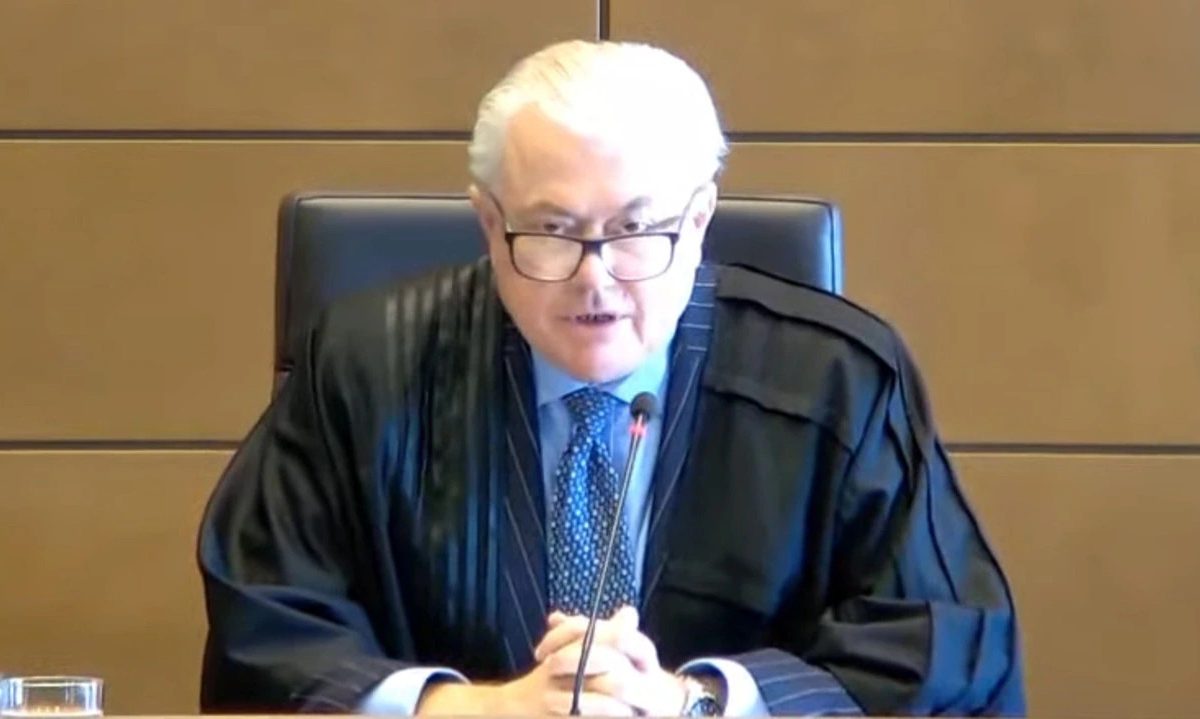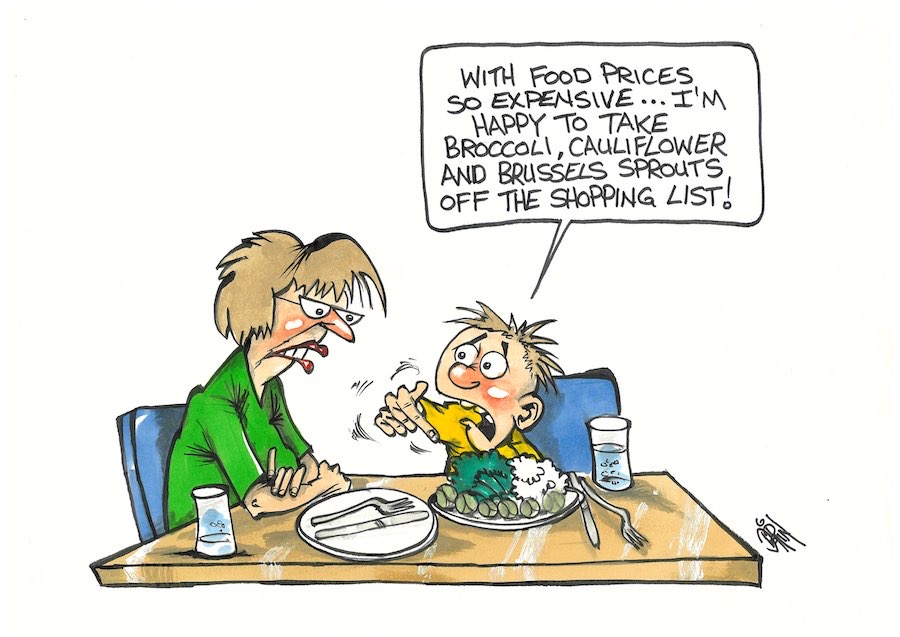TRUST in our political institutions has taken an extraordinary dive. “The lowest level of trust was in trade unions, the federal parliament and political parties.

Tony Abbott, supported by leaks from Kevin Rudd, set the pattern of attack, attack, attack during the prime ministership of Julia Gillard. So far, Labor has not picked up on this as a continuing tactic. However, the temptation must be great and it will be interesting to see if Labor is able to stick with the issues and if, in turn, that will assist in building trust in the institutions.
Ironically, it was the Labor Party in the ACT that started the attack pattern with Jon Stanhope’s merciless pursuit of Liberal Chief Minister Kate Carnell. Perhaps even more ironic is that while the Liberals in Federal parliament were mercilessly pursuing vicious and personal attacks on our first woman prime minister, the Liberals in Canberra did not adopt an approach of constantly deploying the same tactics on ACT Chief Minister, Katy Gallagher. Hopefully, Canberra is somewhat more mature and gender is not an issue. After all, the ACT has had women as chief ministers for the majority of our years since self-government.
The loss of trust is not just about governments and oppositions. The cross benches also have an important responsibility to hold governments accountable and to be seen to do so. When the Greens Minister, Shane Rattenbury, recently refused to support an amendment to Yvette Berry’s motion on “digital Canberra” he illustrated he is getting a little too close to Labor in government.
The amendment to the motion moved by Steve Doszpot was not particularly confronting. It simply called on the government “to provide to the Assembly in the forthcoming Budget an indicative timetable and a detailed Budget outline for delivery of the plan”. In other words, not more hot air – include the money and indicative timing for a proposal that was floated at the last election.
Being a little too close to Labor became even clearer when support was forthcoming for a very similar amendment that was moved by his ministerial colleague Andrew Barr that would “provide the Assembly with regular updates on the delivery of the plan”.
The cross bench can work very closely with government. However, the reason that Shane is not bound by cabinet solidarity in such matters is so that the opposition can also successfully play a key role in ensuring the community as a whole gets the best outcomes no matter where they originate in the Assembly.
However, loss of trust in our institutions is not just about individuals and political parties. It is a complex, multi-faceted set of issues that undermine the social cohesion that is so important in building social capital in communities. All politicians have some responsibility.
The Scanlon Report also identified a major loss of trust, for example, in the trade unions. Another aspect is the concentration of the media, with Murdoch papers dominating print media in almost all the capital cities (see Robert Macklin, “CityNews”, April 10). It allows a one sided approach and editors have been quite open about how they deliberately pursue specific agendas.
The extraordinary level of decline in trust of our federal institutions, for example, should shock.
“In 2009, 48 per cent of respondents indicated that the government in Canberra can be trusted ‘almost always’ or ‘most of the time’. In one of the strongest shifts recorded in the Scanlon Foundation surveys, in 2010 only 31 per cent indicated trust, a fall of 17 percentage points. Since that time there has been further marginal decline, so that in 2013 only 27 per cent indicated trust (4 per cent ‘almost always’, 23 per cent ‘most of the time’).
Politics is just one aspect of the Scanlon study. However, the findings should be a major flag for every member of parliament in Australia to examine their behaviour.
The Scanlon Foundation’s Social Cohesion Research Program: scanlonfoundation.org.au/research.html
Who can be trusted?
In a world of spin and confusion, there’s never been a more important time to support independent journalism in Canberra.
If you trust our work online and want to enforce the power of independent voices, I invite you to make a small contribution.
Every dollar of support is invested back into our journalism to help keep citynews.com.au strong and free.
Thank you,
Ian Meikle, editor





Leave a Reply